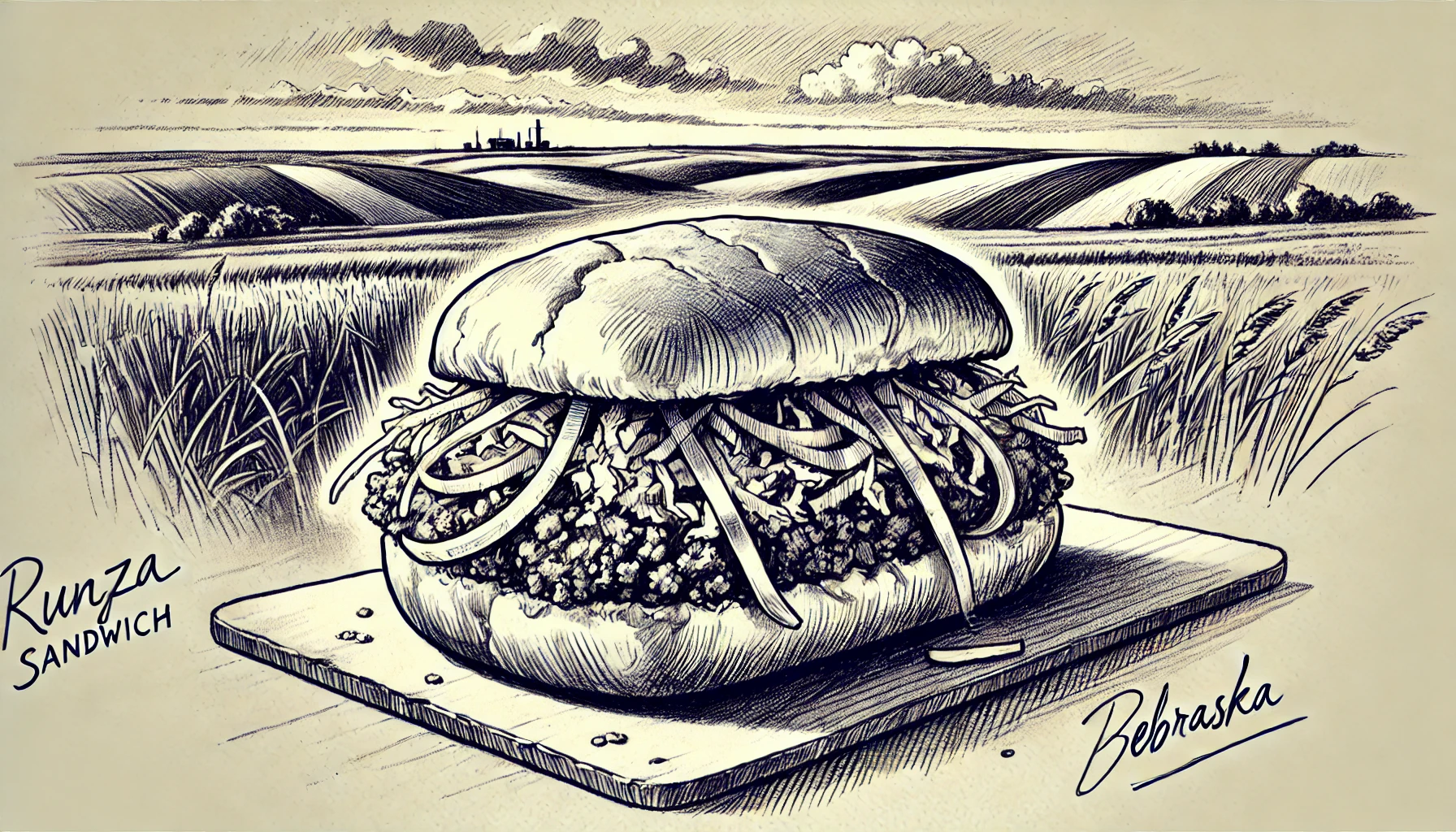Slow Food Nebraska: Preserving Culinary Heritage

Traveling through Nebraska's cities and towns, one is likely to encounter a plethora of local food systems that showcase the state's rich culinary heritage. At the forefront of this movement is Slow Food Nebraska, a non-profit organization dedicated to promoting and preserving the region's unique food traditions. As a chapter of the international Slow Food movement, Slow Food Nebraska works to reconnect people with the food they eat, the land it comes from, and the community that produces it.
Based in Omaha, Slow Food Nebraska serves as a statewide organization, with members and supporters from across the region. The group's efforts are focused on promoting local, sustainable food systems, and preserving the state's unique culinary heritage. This is achieved through a variety of programs and initiatives, including the promotion of local farmers' markets, support for small-scale food producers, and education on food-related issues.
One of the key programs operated by Slow Food Nebraska is the Ark of Taste, a catalog of endangered foods from around the world. The program aims to preserve traditional foods by documenting and promoting their use, and by supporting small-scale producers who continue to grow and produce these unique ingredients. In Nebraska, examples of Ark of Taste foods include the Omaha Omaha tomato, a heirloom tomato variety grown only in the Omaha area, and the Sandhills beef breed, a heritage cattle breed raised on the state's rugged Sandhills.
Slow Food Nebraska also works to promote and support the state's network of farmers' markets. These markets provide a vital link between consumers and local food producers, allowing shoppers to purchase fresh, locally grown produce directly from the farmers who grow it. In cities like Lincoln and Omaha, farmers' markets have become vibrant community gathering spaces, offering a wide range of local foods, as well as opportunities for shoppers to engage with the farmers and artisans who produce them.
In addition to these initiatives, Slow Food Nebraska also hosts a variety of events and activities throughout the year, designed to celebrate and promote the state's culinary heritage. These events range from food festivals and cooking demonstrations, to farm tours and producer workshops. For example, the annual Omaha Food Festival, held each summer in downtown Omaha, brings together local food producers, chefs, and artisans for a celebration of the city's diverse culinary scene.
As a statewide organization, Slow Food Nebraska also works to support and connect local food systems across the state. This includes partnerships with other organizations, such as the Nebraska Department of Agriculture, and the University of Nebraska-Lincoln's College of Agricultural Sciences and Natural Resources. Through these partnerships, Slow Food Nebraska is able to provide resources and support to farmers, producers, and consumers, helping to strengthen and preserve the state's unique culinary heritage.
The efforts of Slow Food Nebraska have contributed to a growing movement across the state, as more and more people become interested in local, sustainable food systems. As a result, the organization's work has helped to preserve the state's culinary heritage, while also promoting a more sustainable and equitable food system for the future. By reconnecting people with the food they eat, the land it comes from, and the community that produces it, Slow Food Nebraska is helping to build a stronger, more resilient food system for the people of Nebraska.
Through its various initiatives and programs, Slow Food Nebraska serves as a model for other statewide organizations, demonstrating the importance of preserving culinary heritage through local, sustainable food systems. By highlighting the unique flavors, ingredients, and traditions that define Nebraska's culinary identity, Slow Food Nebraska is helping to build a more sustainable food system, one that values local, traditional foods, and the communities that produce them.
Based in Omaha, Slow Food Nebraska serves as a statewide organization, with members and supporters from across the region. The group's efforts are focused on promoting local, sustainable food systems, and preserving the state's unique culinary heritage. This is achieved through a variety of programs and initiatives, including the promotion of local farmers' markets, support for small-scale food producers, and education on food-related issues.
One of the key programs operated by Slow Food Nebraska is the Ark of Taste, a catalog of endangered foods from around the world. The program aims to preserve traditional foods by documenting and promoting their use, and by supporting small-scale producers who continue to grow and produce these unique ingredients. In Nebraska, examples of Ark of Taste foods include the Omaha Omaha tomato, a heirloom tomato variety grown only in the Omaha area, and the Sandhills beef breed, a heritage cattle breed raised on the state's rugged Sandhills.
Slow Food Nebraska also works to promote and support the state's network of farmers' markets. These markets provide a vital link between consumers and local food producers, allowing shoppers to purchase fresh, locally grown produce directly from the farmers who grow it. In cities like Lincoln and Omaha, farmers' markets have become vibrant community gathering spaces, offering a wide range of local foods, as well as opportunities for shoppers to engage with the farmers and artisans who produce them.
In addition to these initiatives, Slow Food Nebraska also hosts a variety of events and activities throughout the year, designed to celebrate and promote the state's culinary heritage. These events range from food festivals and cooking demonstrations, to farm tours and producer workshops. For example, the annual Omaha Food Festival, held each summer in downtown Omaha, brings together local food producers, chefs, and artisans for a celebration of the city's diverse culinary scene.
As a statewide organization, Slow Food Nebraska also works to support and connect local food systems across the state. This includes partnerships with other organizations, such as the Nebraska Department of Agriculture, and the University of Nebraska-Lincoln's College of Agricultural Sciences and Natural Resources. Through these partnerships, Slow Food Nebraska is able to provide resources and support to farmers, producers, and consumers, helping to strengthen and preserve the state's unique culinary heritage.
The efforts of Slow Food Nebraska have contributed to a growing movement across the state, as more and more people become interested in local, sustainable food systems. As a result, the organization's work has helped to preserve the state's culinary heritage, while also promoting a more sustainable and equitable food system for the future. By reconnecting people with the food they eat, the land it comes from, and the community that produces it, Slow Food Nebraska is helping to build a stronger, more resilient food system for the people of Nebraska.
Through its various initiatives and programs, Slow Food Nebraska serves as a model for other statewide organizations, demonstrating the importance of preserving culinary heritage through local, sustainable food systems. By highlighting the unique flavors, ingredients, and traditions that define Nebraska's culinary identity, Slow Food Nebraska is helping to build a more sustainable food system, one that values local, traditional foods, and the communities that produce them.
